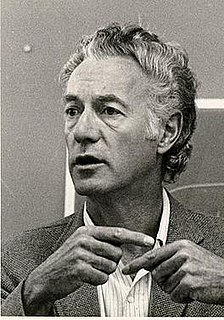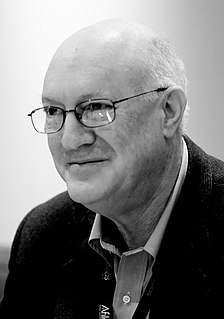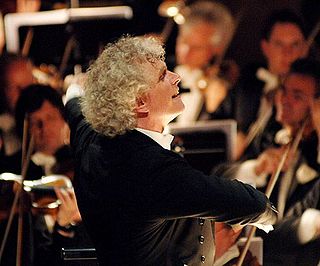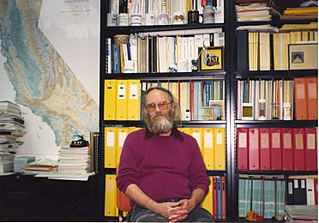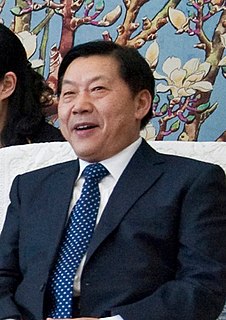A Quote by Harper Reed
The first thing is - and this is very important - I support the unmonitored use of the Internet for everyone. It doesn't matter what country you're in or what you do for a living - everyone should have the right to an unmonitored Internet.
Related Quotes
Everyone should be concerned about Internet anarchy in which anybody can pretend to be anybody else, unless something is done to stop it. If hoaxes like this go unchecked, who can believe anything they see on the Internet? What good would the Internet be then? If the people who control Internet web sites do not do anything, is that not an open invitation for government to step in? And does anybody want politicians to control what can go on the Internet?
If you are deaf, you need captions for spoken elements. If you are blind, you need voiced descriptions of Web contents and spoken renderings of e-mail. The range of physical disabilities is very large, and we need many different tools to overcome the consequential barriers to Internet use. Let us commit ourselves to truly assuring that the Internet really is for everyone.





